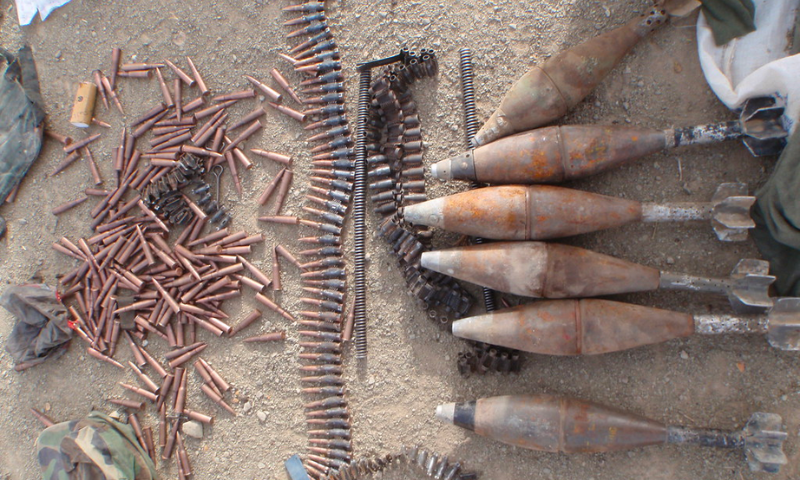Claire Parker
Washington Post, Aug. 19, 2022
“Though Taliban leaders pledged in a 2020 agreement with the United States to prevent Afghanistan from becoming a haven for terrorist groups, the killing of al-Qaeda leader Ayman al-Zawahiri in a U.S. drone strike in Kabul last month seemed to indicate ongoing ties between the groups. In contrast, the Taliban has clashed with ISIS-K virtually since the Islamic State offshoot first cropped up in Afghanistan.”
A bomb blast that killed at least 21 worshipers, including an influential cleric, and injured more than 30 others in Afghanistan’s capital during evening prayers on Wednesday evening, according to Taliban officials and residents, has renewed focus on the threat to the Taliban posed by Afghanistan’s Islamic State affiliate.
Residents of the Khair Khana area of Kabul told The Washington Post that the prayer leader who was killed, Amir Mohammad Kabuli, was an outspoken preacher unaffiliated with any one faction. No group has claimed responsibility for Wednesday’s blast, but it came a week after the Islamic State-Khorasan (ISIS-K), a rival of the Taliban, claimed responsibility for a bombing that killed Rahimullah Haqqani, a prominent Taliban-linked cleric.
It’s the latest in a string of attacks, many of which have been attributed to ISIS-K, since the Taliban swept to national power in Afghanistan a year ago.
Here’s what to know about the Islamic State’s presence in Afghanistan.
What is ISIS-K?
The Islamic State is most associated with Iraq and Syria, where the brutal extremist group held huge swaths of territory under its self-declared “caliphate” at the group’s peak in late 2014.
Known for its transnational recruitment and appetite for violence, ISIS saw its power decline sharply after a U.S.-coalition drove it from the last of its territory in 2019. But the militant organization and offshoots continue to stage attacks and fuel violence and instability in the Middle East, South Asia and Africa.
ISIS-K began operating in Afghanistan in 2015. It was started by Pakistani national Hafiz Saeed Khan, who had pledged allegiance to then-Islamic State leader Abu Bakr al-Baghdadi in 2014. Originally consisting mostly of Pakistani militants and based largely in the eastern Afghan province of Nangahar, it drew some recruits from the Taliban and other extremist groups. …


